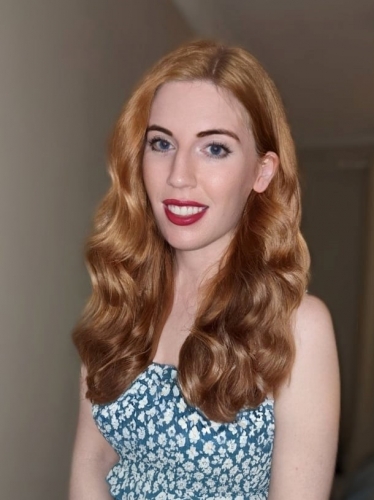Having been a midwife for 20 years, Claire Black* thought she'd seen it all. That was until one day during the midst of one of Victoria's lockdowns.
"The restrictions were very tough on families”, Ms Black told
HealthTimes.
Subscribe for FREE to the HealthTimes magazine
“ For women it's obviously, you know, an extremely anxious time already for them."
"So, you've got all that nervousness and fear of the unknown of having a baby, on top of the fear and uncertainty of having to give birth in a situation that was looking very different to how it normally would.”
"One day, I was caring for a lady who was having her first baby. Her husband was able to be with her - thank god - but her family couldn't be."
"So, her husband brought a laptop to set up a Zoom call with them, and had a big monitor to connect it to."
"There we all were, with this large screen of her parents sitting in their living room, answering their questions and updating them on what was happening. From time to time the family dogs came into the screen too, so they were a part of it as well.”
"After a while, I didn't even notice the screen, it felt like they were right there in person."
"Over the course of the birth, I learned that her mother was being treated for breast cancer, and that she was so excited to be a nanna for the first time and that that had given her so much hope."
“And she was so grateful that she was still able to be there in some capacity, as opposed to not at all.”
Ms Black said that while the stark reality of the pandemic had created distance and isolation for countless families, a silver lining was that modern technology allowed there to be some connection between people.
Over the course of the pandemic, Ms Black has now attended several births where video technology has been used to connect families.
"If this had all happened 20, 30 years ago, the separation would have been so much harder for women – very isolating."
"Sure, yes, you can talk to them on the phone, but nothing compares to actually watching as that baby is born and being able to see all the emotion unfold. And those are moments that you can’t get back."
While the last 18 months has placed unprecedented strain and stress on the healthcare system, Ms Black feels it’s been important for her, as a midwife, to adopt a ‘keep calm and carry on’ approach.
“Of course, it’s been very challenging. And it was particularly worrying for us all at the start of 2020 when we weren’t sure what to expect when it hit home.”
“We had so many extra procedures and protocols in place, so that took a moment to get used to.”
“But I think it’s been important to stay calm and practical for our patients – to not let them see the duck legs paddling madly under the water, as they say.”
“If mums feel that I’m panicked and stressed about COVID-19, that’s not going to do anything positive.”
“When you look back in the past, women giving birth is something that always happens, even in really dark times. And new life continues. And for me personally, I find a lot of hope in that.”
While Ms Black doesn’t necessarily feel that midwifery is a life’s calling, she said it’s a career where you need to have a “fire in your belly”.
“You have to be passionate, and you have to love helping people. If it’s ‘just a job’ to you, then it’s not the right career for you.”
She said that an experience as a child first sparked her interest in midwifery.
“When I was 12, my mum was pregnant with my younger sister, and she had a very, very difficult pregnancy and birth.”
“I remember the midwife so clearly, to this day. She was so kind and supportive, and went above and beyond to help mum, and I remember thinking ‘I want to be like her when I grow up’”.
*Name changed to protect the privacy of the midwife













